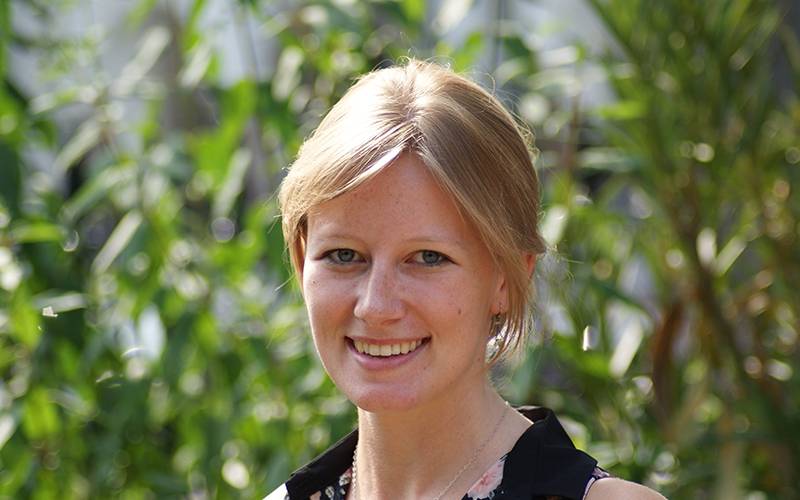Daisy leads the 'COVID-19 Social Study', a longitudinal study into the psychological and social impact of the pandemic involving over 95,000 adults in the UK.
 What is your role and what does it involve?
What is your role and what does it involve?

I’m an Associate Professor of Psychobiology & Epidemiology at UCL and I lead a team of researchers in the Department of Behavioural Science and Health focusing on the impact of social factors on health, including loneliness, social isolation, social, cultural and community engagement, and social prescribing. We run studies on psychological and biological mechanism by which these social factors affect mental health and physical health, studies of patterns and predictors of social behaviours, clinical trials of interventions for specific clinical populations, and analyses of population data to look at long-term associations including cohort studies and electronic patient records.
How are you responding to the pandemic through your research?
In response to the pandemic we launched the COVID-19 Social Study, which is a longitudinal study into the psychological and social impact of the pandemic involving over 95,000 adults in the UK completing surveys every week. We’re analysing data in real time and providing reports every week to cabinet office, other parts of government, WHO, Public Health England and organisations around the UK on levels of anxiety, depression, stressors, loneliness, self-harm, domestic abuse, compliance with regulations, and experience of adversities and how these are varying by different population groups. We’re also working on papers looking in more depth at risk and resilience factors. Alongside this, we’re running telephone interviews with vulnerable groups to try and understand more about people’s experiences during lockdown. People can get involved and take part or read our results on our COVID-19 Social Study website.
What’s next on the research horizon for you?
We’ve recently launched an international network of longitudinal studies on mental health called the COVID-MINDS Network, supported by the Wellcome Trust. We’ve catalogued over 70 studies running in different countries and are now working with teams to look at collaborating, harmonising measures between studies for cross-cohort analyses, and comparing findings from different studies to understand more about how people are being affected. Another big focus will be working with our other programmes on the dissemination and impact of findings. I lead the UKRI MARCH Mental Health Research Network, which involves over 1,500 organisations and individuals delivering social, cultural and community programmes, so we will be working with them on how to support people as the pandemic evolves.
What have you learned from lockdown?
COVID-19 is a major social experiment that is altering our conceptualisation and understanding of the impact of social isolation more generally. Lockdown is a form of isolation, but one that arguably has more in common with experiences such as incarceration and space travel than traditional social withdrawal from society. So we’re already evolving our theories around how and why traditional social isolation affects health through our study of lockdown.
How will COVID19 change the world?
We’ve seen a huge outpouring of community support during this pandemic. People have spoken to neighbours for the first time, millions have been volunteering in various capacities, and we’ve started to foster a sense of ‘community’. I hope that this continues beyond the end of this pandemic and we start to see greater social cohesion and support. But I worry that we will quickly return to our previous patterns of living and forget some of the learning we could have from this experience.
 Close
Close

